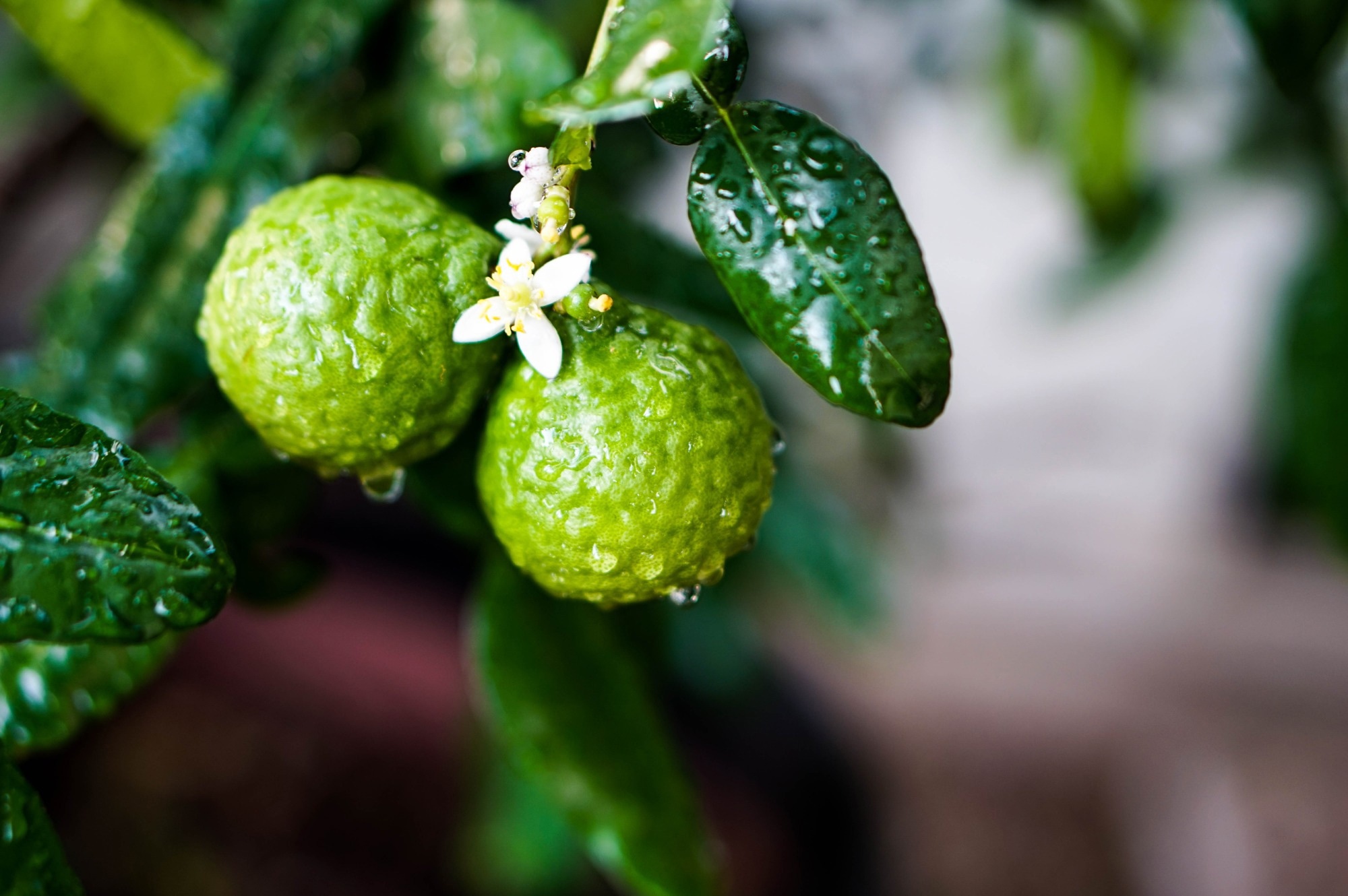In a current overview revealed in Vitamins, researchers examined present proof exhibiting the optimistic impact of bergamot derivatives and waste merchandise in numerous fashions of inflammatory-based issues, underscoring the numerous potential of a waste re-evaluation method.
 Examine: Bergamot Byproducts: A Sustainable Supply to Counteract Irritation. Picture Credit score: Chantarat/Shutterstock.com
Examine: Bergamot Byproducts: A Sustainable Supply to Counteract Irritation. Picture Credit score: Chantarat/Shutterstock.com
Background
Persistent irritation refers to acute inflammatory responses that fail to eradicate pathogens or restore tissue lesions, leading to pores and skin issues, respiratory and neurological sicknesses, metabolic syndrome, and most cancers.
Sufferers don’t tolerate long-term artificial anti-inflammatory medicine as a result of their vital adversarial results.
Citrus fruit waste, together with bergamot byproducts, has demonstrated anti-inflammatory properties in treating systemic, low-grade irritation, bettering the standard of life of people with continual inflammatory issues.
Concerning the overview
Within the current overview, researchers reviewed the anti-inflammatory properties of bergamot.
Bergamot composition and properties
Citrus bergamia Risso (bergamot) is an indigenous plant of the Calabria space of Italy. Bergamot important oil (BEO) is taken into account an antiseptic as a result of its antibacterial properties. Additional, in vitro research revealed that BEO might have an anticancerogenic influence.
Bergamot juices (BJs), collected by urgent residual citrus pulps, have been thought-about waste within the essence enterprise. Nonetheless, BJ has captured scientific curiosity as a novel supply of a number of bioactive chemical substances.
BJ incorporates many flavonoids with organic results, reminiscent of neohesperidin, naringin, melitidin, neoeriocitrin, diosmin, brutieridin, rhoifolin, and poncirin.
It additionally has a excessive focus of natural acids, minerals, nutritional vitamins, proteins, carbohydrates, pectin, phosphates, and dietary fiber.
Bergamot seed extracts comprising limonin and nomilin as major elements have demonstrated antiretroviral actions inhibiting human T-lymphotropic virus sort 1 (HTLV-1) infections.
Oils extracted from bergamot leaves include doubtlessly useful elements reminiscent of linalool, alpha-terpineol, and linalyl acetate.
Anti-inflammatory purposes of bergamot and its derivatives
Bergamot has demonstrated anti-inflammatory properties in experimental fashions, together with lipopolysaccharide (LPS)-induced gingival irritation in rats.
Flavonoid-rich extracts of BJ decreased inflammatory responses in LPS-exposed leukemic THP-1 monocyte cells in vitro and in vivo. BEO fractions missing furocoumarin compounds (BEO-FF), reminiscent of bergamot juice extract (Bje), have additionally lowered acute irritation in animal research.
BEO demonstrated vital anti-asthmatic advantages within the in vitro and in vivo settings. BEO decreased the expression of pro-inflammatory cytokine genes reminiscent of interleukin (IL)-1β, IL-6, and tumor necrosis factor-alpha (TNF-α) in LIPS-exposed alveolar macrophage cell traces.
It additionally inhibited mitogen-activated protein kinase (MAPK) activation, the Janus kinase-signal transducers and activators of transcription (JAK-STAT) pathway, and the expression of prostaglandin-endoperoxide synthase-2 (PTGS2) and peroxisome proliferator-activated receptor alpha (PPAR-α) genes.
Bergapten and BEO have additionally confirmed useful in additional refined respiratory inflammatory fashions, reminiscent of animal fashions.
Inhaling BEO decreased airway constriction and pulmonary irritation in ovalbumin-induced murine animals by decreasing TNF-α, IL-1, 4, 5, 6, and 13 (at protein and gene ranges) and inhibiting collagen deposition.
In murine fashions, bergapten alleviated inflammatory signs associated to mixture allergy rhinitis and bronchial asthma syndrome (CARAS).
Irritation heralds and exacerbates metabolic syndrome. A number of research have proven that bergamot compounds and byproducts regulate cardiovascular and metabolic features as a result of their oxidative stress-lowering actions that scale back the degrees of pro-inflammatory cytokines and improve the degrees of anti-inflammatory cytokines.
Polyphenols extracted from bergamot leaves (BLPF) and fruits (BFPF) inhibited nuclear issue kappa B (NF-κB) translocation, stopping inflammatory cytokine activation in mobile fashions of interleukin-1-induced irritation.
Bergamot leaf extracts (BLE) scale back irritation (TNF-α and IL-6 ranges) and oxidative stress by engaged on the adipose tissue-liver axis of overweight rats, doubtlessly bettering each insulin resistance and dyslipidemia.
In scientific trials, a nutraceutical containing bergamot extract decreased high-sensitivity C-reactive protein (hs-CRP) and TNF-α ranges in dyslipidemic obese people.
BJ extracts have demonstrated neuroprotective properties in Alzheimer’s illness (AD) fashions in vitro by decreasing pro-inflammatory responses pushed by β-amyloid in THP-1 cells. BEO considerably lowered the quantity of IL-1β, IL-6, and TNF-α in rats’ hippocampus and frontal cortex in vivo.
Conclusions
Primarily based on the overview findings, bergamot incorporates anti-inflammatory qualities that may help in treating inflammatory illnesses. Latest research have highlighted its capability to affect chemokine expression and launch and the exercise of nuclear elements and enzymes related to irritation.
Flavonoids describe bergamot juice, whereas limonoids characterize its seeds. Monoterpenes, coumarins, and psoralens are plentiful in bergamot leaf oil.
Bergamot extracts excessive in flavonoids can combat acute irritation and periodontitis by modifying inflammatory biomarker ranges.
BEO helps alleviate bronchial asthma signs by influencing IL-1β, 4, 5, 6, and 13, TNF-α, MAPKs-1,3,8,14, JAK2, STAT3, PTGS2, and PPAR-α ranges. Likewise, bergamot extracts can deal with metabolic syndrome by altering NF-κB, TNF-α, IL-6, IL-10, and CRP.
Bergamot polyphenols can deal with Alzheimer’s illness and pores and skin irritation by modulating cytokines within the inflammatory system.
